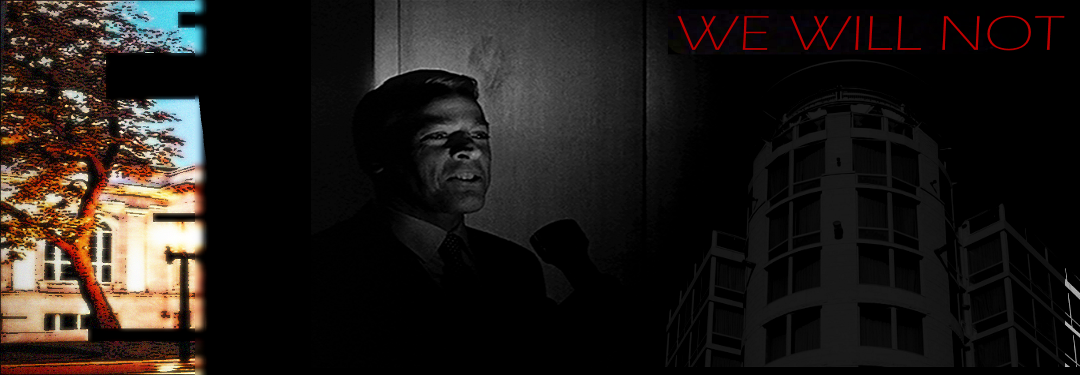Pro Se Sarbanes Oxley Whistleblower Prevails in Jury Trial
Jason Zuckerman, November 01, 2016
“A very interesting read for whistleblowers. Below is a blog by Jason Zuckerman, who is featured in the piece “How to Help a Whistleblower” by Jan Wolfe in Corporate Counsel’s Novemember edition.”
An article in Corporate Counsel titled How to Help a Whistleblower tells the story of Dr. Perez, a Sarbanes Oxley whistleblower who prevailed at trial after eight years of hard-fought litigation. Dr. Perez recovered approximately $3M and represented himself throughout most of the litigation, including at trial.
The story in Corporate Counsel focuses on the lessons that companies can learn from this case, and the story quotes SOX whistleblower lawyer Jason Zuckerman about some of the likely reasons why Dr. Perez prevailed:
[ MORE ]“This is a true David vs. Goliath story,” says Jason Zuckerman, a lawyer for whistleblowers in Washington D.C. “Progenics was well-represented and appeared to spare no expense on its defense. Yet a pro se plaintiff prevailed at trial.”


 After both chambers of Congress passed their versions of the National Defense Authorization Act (NDAA) for FY 2017, twenty-eight public interest organizations and advocacy groups sent a letter to leadership of the Senate and House Armed Services Committees and encouraged them to maintain the integrity of the military whistleblower provisions in the bill through conference.
After both chambers of Congress passed their versions of the National Defense Authorization Act (NDAA) for FY 2017, twenty-eight public interest organizations and advocacy groups sent a letter to leadership of the Senate and House Armed Services Committees and encouraged them to maintain the integrity of the military whistleblower provisions in the bill through conference. Last week, Ralph Nader hosted hundreds of civic activists for his
Last week, Ralph Nader hosted hundreds of civic activists for his 
